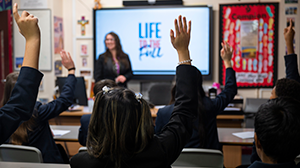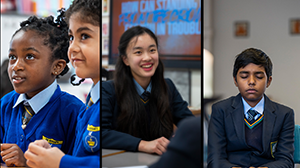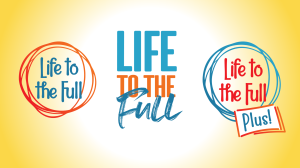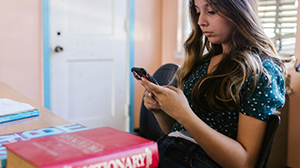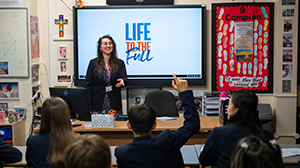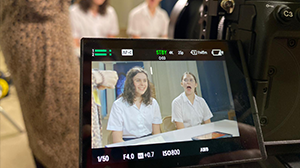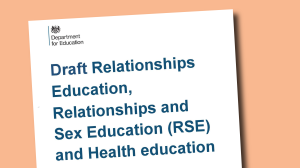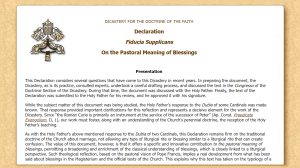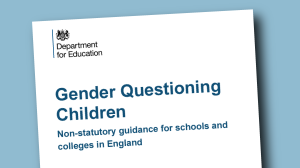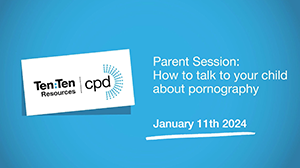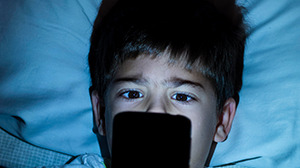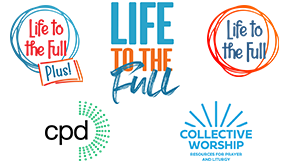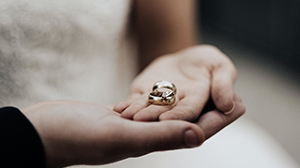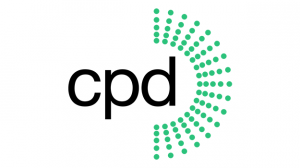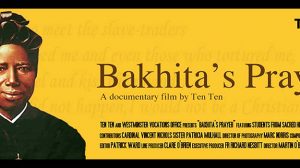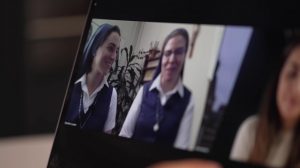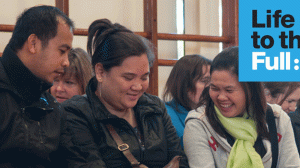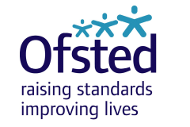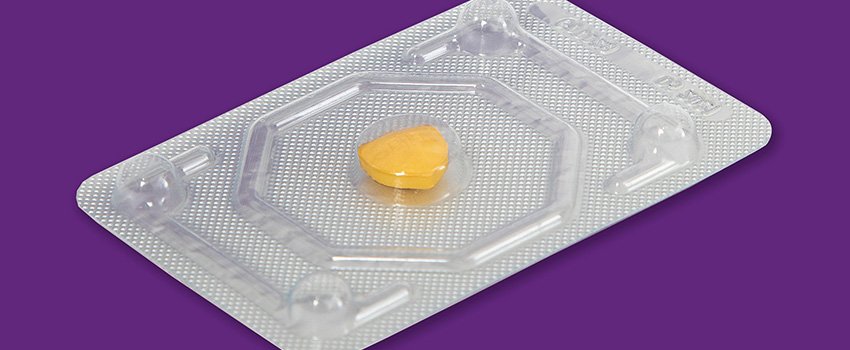
Please note that this article discusses abortion which some readers may find upsetting.
The Morning After-Pill and DIY Abortions: A Brief History
Let’s take a look at a brief history…
- The 1967 Family Planning Act made contraception readily available through the NHS for the first time, whereas previously these services were limited to women whose health was put at risk by pregnancy.
- The first licensed ‘morning-after pill’ was launched in Britain in 1984, which, in the same way as today, prevents a fertilised egg (early embryo) from implanting in the womb, having an abortifacient effect.
- In the same year, after heated political and moral debate, the Abortion Act was passed and came into effect on 27 April 1968. The Act legalised abortion in Great Britain (but not Northern Ireland), on a wide number of grounds and up to 28 weeks’ gestation.
- Through the 1990 Human Fertilisation and Embryology Act, the time limits were lowered from 28 to 24 weeks for most cases, on the grounds that medical technology had advanced sufficiently that a foetus could be considered ‘viable’ earlier.
- On 21 October 2019, Northern Ireland decriminalised abortion by repealing sections 58 and 59 of the 1861 Offences Against the Person Act. The legalisation of the provision of abortion services came into force in Ireland on 31 March 2020.
This means that across Great Britain and Northern Ireland, abortion is legal (within certain parameters) and regulated.
Pro-Choice or Pro-Life?
There has long been political, moral and religious discourse on the ethics of abortion, and indeed when human life begins. The purpose of this article is not to discuss these positions in depth, instead focussing on legal changes, but in brief as you will know:
- Pro-choice – advocating the legal right of a woman to choose whether or not she will have an abortion.
- Pro-life – opposing abortion (and euthanasia).
Whether parties hold a pro-choice or pro-life stance, current events have brought a new dimension to the abortion debate…
Why Is This Relevant Today?
There are two types or abortion, surgical (which happen later in gestation and involve physical removal of the foetus) and medical (which happen earlier in gestation and involve taking 2 pills).
Before the pandemic, women seeking an abortion of a pregnancy under 10 weeks needed a face-to-face consultation in a clinic and were routinely scanned. They would take the first pill there, and be given a second to take at home within 48 hours.
However, in March 2020 when lockdown hit, the UK government introduced temporary guidance to allow women to take both medical abortion pills at home up to 10 weeks gestation following on a telephone consultation. The legislation was welcomed by health providers across the board as a way to protect women during the on-going COVID-19 pandemic, allowing them to receive vital abortion care without risking their lives through unnecessary travel, or putting additional strain on an already struggling NHS. According to a BBC article published on 30 March 2022, clinics reported that the number of abortions provided via telemedicine since the pandemic began is in the region of 150,000 in England.
This ‘temporary approval in light of coronavirus (COVID-19)’ was due to expire on 30 March 2022, but on 24 March the government announced ‘an extension of the temporary approval to enable a safe and reliable return to pre-pandemic arrangements and continued access to services.’ This temporary measure was due to end at midnight on 29 August 2022, after which the government said face-to-face services will return. However, on 30 March 2022 MPs voted by 215 votes to 188 in support of the amendment to the Health and Care Bill to overturn the Governments decision to end ‘DIY’ home abortion schemes. This means that ‘DIY’ home abortion schemes will be allowed to run in the future.
Albeit with pills rather than more gruesome, archaic methods, once again the debate about at-home, or so-called ‘DIY’ abortions is raging. There are lots of opinions on each side, from both pro-choice and pro-life campaigners. Here’s a summary:
For At-Home Abortions:
- The National Secular Society warned the Government that ending access to at-home abortions would be a ‘regression’ in women’s rights.
- The Welsh government has already acted to make the continuation of at home abortions law, while Scotland is holding a consultation.
- Chief Executive of BPAS (British Pregnancy Advisory Service), Clare Murphy, said: ‘We’ve long known there are women who really struggle to access clinic services. They are sometimes women in very complex situations, very vulnerable women. Women in coercive relationships, for example, found it difficult to access clinics without their partner knowing. These women either turn to illegal methods or they present to us very late.’
- A Royal College of Obstetricians and Gynaecologists representative said: ‘There is a wealth of evidence to show that telemedicine for early medical abortion is safe, has enabled women to access treatment sooner and that the service is preferred by women.’
- The largest study of UK abortion care, published by the British Journal of Obstetrics and Gynaecology in 2021, analysed the outcomes of more than 50,000 early medical abortions, finding low rates of significant complications. (However, they said there was a potential gap in the consistency of reporting of incidents.)
- Dr Jonathan Lord, who co-chairs the British Society for Abortion Care Providers, said reverting to compulsory in-person consultations for young people will ‘make it more likely to miss cases of child sexual exploitation and abuse and increase the risk of a return to the worst of all outcomes – concealed pregnancy with unattended birth at home.’
Against At-Home Abortions:
- The pro-life organisation Right to Life have listed 7 reasons to end ‘at-home’ abortions, including but not limited to, high risk of coercion and abuse; providers not being able to assure that pills are used safely and legally; women’s health being endangered by at-home abortion; and a greater risk of complications which are more likely to go under reported.
- In July 2020, The Times published an article about undercover researchers saying that two of Britain’s leading clinics – the British Pregnancy Advisory Service (BPAS) and Marie Stopes – were unlawfully providing abortion pills after inadequate telephone consultations.
- Evidence of more occasions of malpractice have come to light through the work of Kevin Duffy, a former Global Director of Clinics Development at Marie Stopes.
- The Guardian reported that Christian Concern said ‘the advent of telemedicine abortion breaches the 1967 Abortion Act, which was to prevent “backstreet” abortions.’
- The case of sixteen-year old Savannah, who took two pills at home after the clinic she had approached on the phone had calculated she had been less than eight weeks pregnant. She was ‘traumatised’ that the baby was born with a heartbeat and it was concluded she had been between 20 and 21 weeks pregnant. She said, ‘If they scanned me and I knew that I was that far gone, then I would have had him.’
- Testimonies of women who have undertaken ‘at-home’ abortions, including that of Natalia, who said ‘I remember somehow getting to the toilet, it was unbearable the pain, and that’s when I passed my baby. I looked down and saw him, it wasn’t like a heavy period, it was like a baby. I must have flushed it down the toilet and I remember just falling to my knees.’ You can watch Natalia’s story in full:
If you have been personally affected by abortion and would like some support, you might like to find support at Rachel’s Vineyard UK.
The Catholic Perspective
The Catholic Church clearly opposes all forms of abortion, including the abortafacient effect of the morning-after pill, since it holds that ‘human life must be respected and protected absolutely from the moment of conception. From the first moment of his existence, a human being must be recognised as having the rights of a person – among which is the inviolable right of every innocent being to life.’
Debating the Issue in the Classroom
As demonstrated above, the topic of ‘at-home’ vs. ‘in-clinic’ is nearly as divisive as the pro-life vs. pro-choice debate! As the debate about at-home abortions is ongoing in the political sphere, why not hold a discussion in your school around these topics? Some discussion starters might be:
- What are the pros and cons of women being able to access early abortions over the phone/via a face-to-face consultation and scan?
- What is your perspective on abortion in general? Is it un/acceptable in certain circumstances? What might those circumstances be?
- Do you think there is a difference between a medical abortion and taking the morning-after pill? If so, what?
- If a friend of yours suspected or confirmed that they were pregnant unexpectedly, what would you say to them?
Provision in Ten Ten’s Life to the Full
The Church has such beautiful teaching regarding marriage, fertility and family life. Through our Life to the Full programme for secondary schools, we are keen to ensure that while students learn facts about contraception and abortion, while sharing the beauty of the teaching that the Church has to offer in this area.
Here’s an overview of some of the ways that we address these topics through the Life to the Full programme:
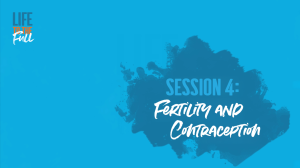
Session 1: Fertility And Contraception
The session invites students to reflect on the gift and responsibility of fertility. They will consider what they already know about how different contraceptives function and their effectiveness and learn about the potential drawbacks. They will be invited to reflect on Catholic teaching that married couples should choose Natural Family Planning instead of contraception as an expression of responsible parenthood.
Go to Session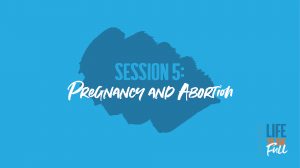
Session 2: Pregnancy and Abortion
In this session, pupils are encouraged to develop their own values and attitudes towards abortion, based on teaching about the stages of life in the womb, abortion myths busted by a medical expert, the Church’s teaching and different accounts of people who have experienced abortion (note that students might find some of these difficult to hear). Pregnancies of all kinds, including unplanned and involving disability, are positioned as invitations to respond with love to the gift of life.
Go to Session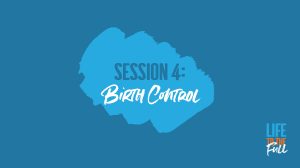
Session 3: Birth Control
This session holds fertility up as a precious gift to be protected, nurtured and valued. Mairi and Nathan lead pupils through an interview with Em and Sammy, a married couple who tried artificial contraception before moving on to use Natural Family Planning as they grew to appreciate that sex includes the gift of fertility. This led them to a deeper reflection on how love, sex and procreation are all intrinsically linked - because that’s how God intended it to be. Through activities and discussions, pupils end the session with an invitation to consider what they want their future lives to be like.
Go to Session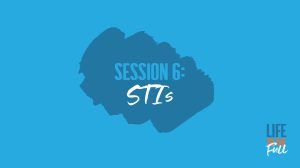
Session 4: STIs
In this session, pupils meet Bobbi, who was raised in East London with strong Indian cultural values. She describes how she felt torn between two worlds: wanting to push boundaries, but also feeling a lot of pressure to not bring shame on her culture, her community and her family. This led to a lot of risky behaviours, including promiscuity, drug misuse and addiction, various Sexually Transmitted Infections (STIs) and two abortions. Through Bobbi’s story, activities and discussions, pupils will consider how the reality of STIs connects to deeper questions about sexual choices and consequences, and how to rethink behaviour that causes harm.
Go to Session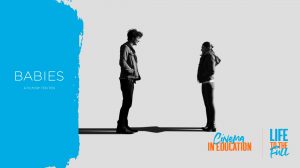
Cinema In Education
Session 1: Babies
This cinema-in-education session is based on the film Babies which is told in two parts.
Go to SessionIf your secondary school does not subscribe to our RSHE Life to the Full programme, click here to find out more about a free 3-week trial.


